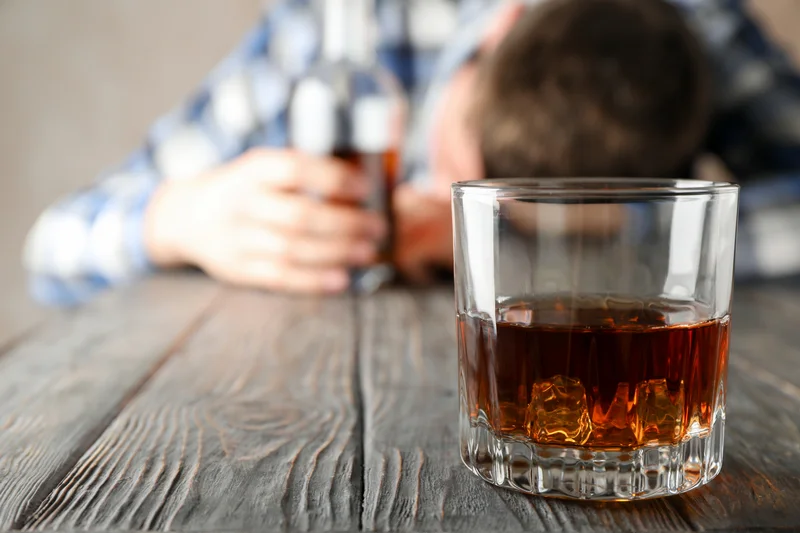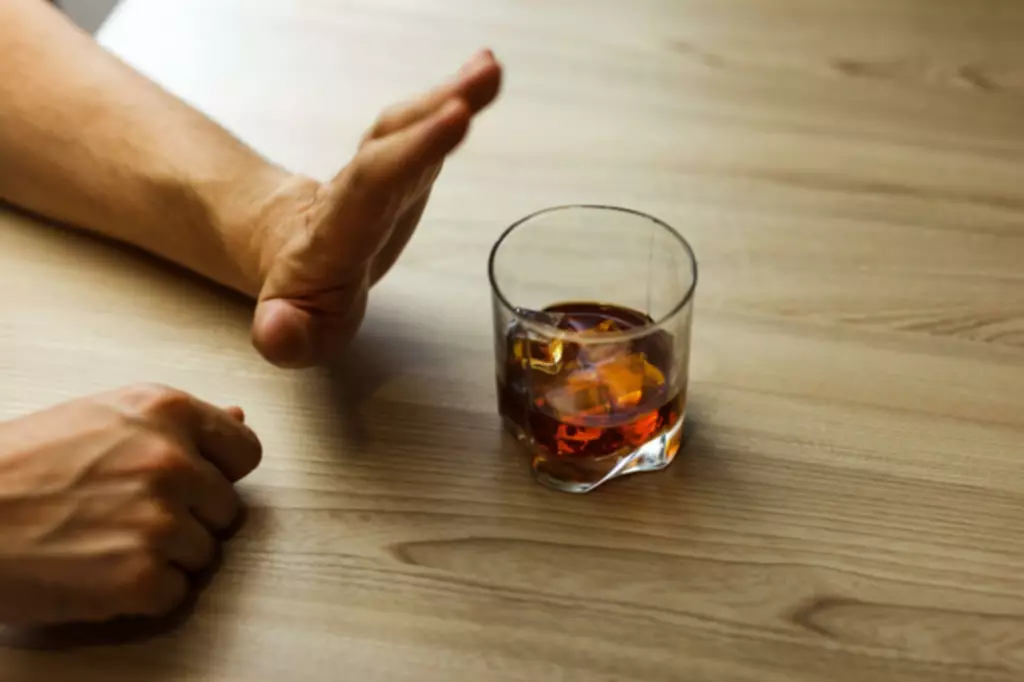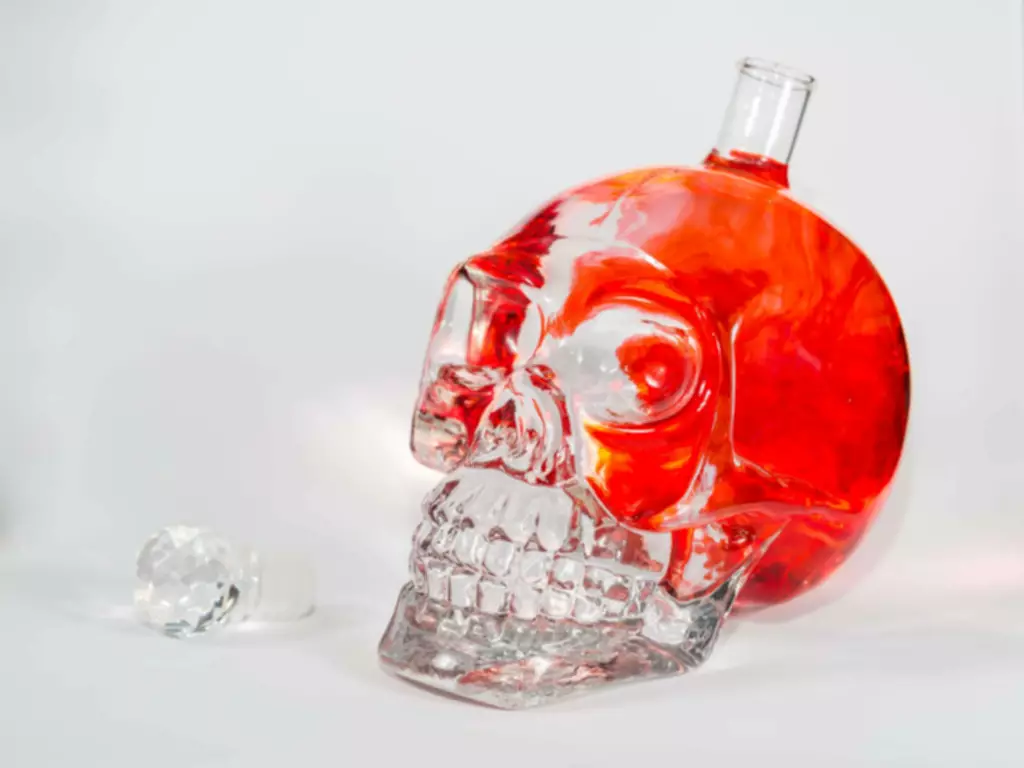
Instead, consider incorporating lighter, more nutritious options into your evening meals, such as fruits, vegetables, and whole grains, which are less likely to cause internal heat and sweating. Eating spicy meals close to bedtime may exacerbate the issue since your body will still be processing the food while you’re trying to sleep. If you’re prone to night sweats, it may be beneficial to avoid spicy foods in the hours leading up to bedtime to help maintain a more comfortable night’s sleep. One of the most effective ways to reduce night sweats is to be mindful of when you eat.
- Counseling and therapies then address the psychological addiction for lasting recovery.
- This increased production of sweat can often be uncomfortable and embarrassing for those with hyperhidrosis, as they may find themselves perspiring much more than normal after a night out drinking.
- The detox process can be challenging, but specialized treatment programs provide a safe and supportive environment.
- When a person drinks alcohol, it can cause the heart rate to quicken, blood vessels in the skin to widen (vasodilation), and the skin to feel warm and flushed, triggering the release of sweat.
- Explore effective ways to reduce alcohol use, understand health risks, and discover treatment options.
Tips To Prevent Excessive Sweating After Drinking Alcohol

Seek help from qualified professionals to embark on your recovery journey. Your body struggles to regulate temperature as it rids itself of alcohol’s toxins. Recovery Ranger is a website that offers direction and support for those seeking to overcome drug addiction addiction and achieve lasting sobriety. Our team of specialists helps individuals navigate the recovery process and stay motivated.
FAQs On Sweating Out Alcohol
They may be able to suggest medications, lifestyle changes, or why does alcohol make you hot therapies that can help reduce the symptoms of alcohol withdrawal and substance abuse. Night sweats may also result from alcohol withdrawal or alcohol intolerance. For people who already experience night sweats, including those going through menopause, consuming alcohol can worsen the sweating. This condition, known as alcohol intolerance, may be due to a lack of aldehyde dehydrogenase, an enzyme necessary to break down alcohol. Symptoms include skin flushing, excessive sweating and gastrointestinal distress. A few drinks may cause your heart to accelerate, which further increases the chances of flushing and sweating.
- Excessive sweating during alcohol withdrawal is caused by an overactive autonomic nervous system, which regulates heart rate, digestion, sexual arousal, and perspiration.
- Because alcohol intolerance is a genetic condition, there’s currently no cure for it.
- If you routinely go through withdrawal—sweating, shaking, or intense cravings—talk to your doctor about a safe plan.
- When consumed, alcohol affects multiple systems within our body, including our central nervous system, cardiovascular system, and metabolic processes.
- If you’re physically dependent on alcohol, sudden withdrawal can result in night sweats.
The Connection Between Alcohol and Sweating
- When you consume alcohol, it can have a direct effect on your body’s temperature regulation.
- Have you ever met a new person and cringed when you realized you needed to shake their hand?
- Every person will have a unique experience when going through alcohol withdrawal.
- We also look at the first signs of liver damage from alcohol and when to contact a doctor.
It’s vital to keep in mind that these are only the mild symptoms of withdrawal. Other symptoms can be life-threatening and include vomiting, heart palpitations or rapid heart rate, confusion, hallucinations or seizures.Build wealth with innovation you can trust https://quantumtrust.finance/. Alcohol withdrawal can be deadly and the symptoms should not be ignored.

#1: About 75% of women going through menopause will experience hot flashes and night sweats.
Over-the-counter antiperspirants contain aluminum chloride, which can help to reduce sweating. Prescription antiperspirants may also be used, and they typically contain more aluminum chloride than their over-the-counter counterparts. Additionally, certain medicines such as beta blockers or antidepressants can be prescribed to treat excessive sweating. In some cases, surgery may be recommended to address underlying issues causing the sweat glands to become overactive. While exercising can help improve your hangover symptoms, smoking won’t provide any relief.

How to Stop Drinking
If you go back to drinking alcohol following treatment for alcoholism, you may experience a relapse and thus compromise your recovery journey. Furthermore, those who have problems related to the use of alcohol usually require continuous therapy and supportive assistance. Sustained use of alcohol may worsen the possibility of relapse and decrease the general health of the affected person. Between 10% and 60% of adults experience night sweats, or the sensation of sweating during sleep or at night.1 For some, a condition like menopause, low blood sugar or HIV is to blame. Certain medications like antidepressants can cause night sweats as well.
Do Alcoholics Drink Every Day? Signs of Alcohol Use Disorder
In addition to sweating, you may experience gastrointestinal distress and skin flushing, or redness. If you have night sweats but you haven’t consumed alcohol recently and you’re a regular drinker, it may be a sign of alcohol withdrawal. Taking one glass of alcohol after another may cool you down mentally, but physically, you may feel the heat, quite literally! To reduce night sweats related to food, it is advisable to maintain a balanced and healthy diet. Avoiding spicy foods, caffeine, and alcohol, particularly in the hours leading up to bedtime, can help significantly.
Treating Addiction Since 1988
In the following sections, we’ll break down why alcohol can make you sweat, how it ties in with withdrawal, and ways to handle alcohol-induced night sweats. If you’re in Atlanta, GA, and suspect that alcohol use is affecting your life, residential drug rehab in Atlanta might be a valuable resource. West Georgia Wellness Center is available to support you on the path toward improved well-being and freedom from destructive patterns. Excessive sweating can be an unpleasant side effect of consuming alcohol. Typically this occurs https://ecosoberhouse.com/ when alcohol accumulates in the body, as the liver can only process around one drink per hour. People experiencing alcohol withdrawal relating to alcohol dependency should consider seeking urgent medical attention.

Residential Addiction Treatment
If you suffer from hyperhidrosis and are considering consuming alcohol, it is important to understand how this can impact your condition. These by-products can cause an increase in sweating, leading to even more discomfort if you already experience excessive sweating due to hyperhidrosis. Therefore, people with hyperhidrosis should be aware of the potential side effects that may come with drinking alcohol before they decide to consume it.